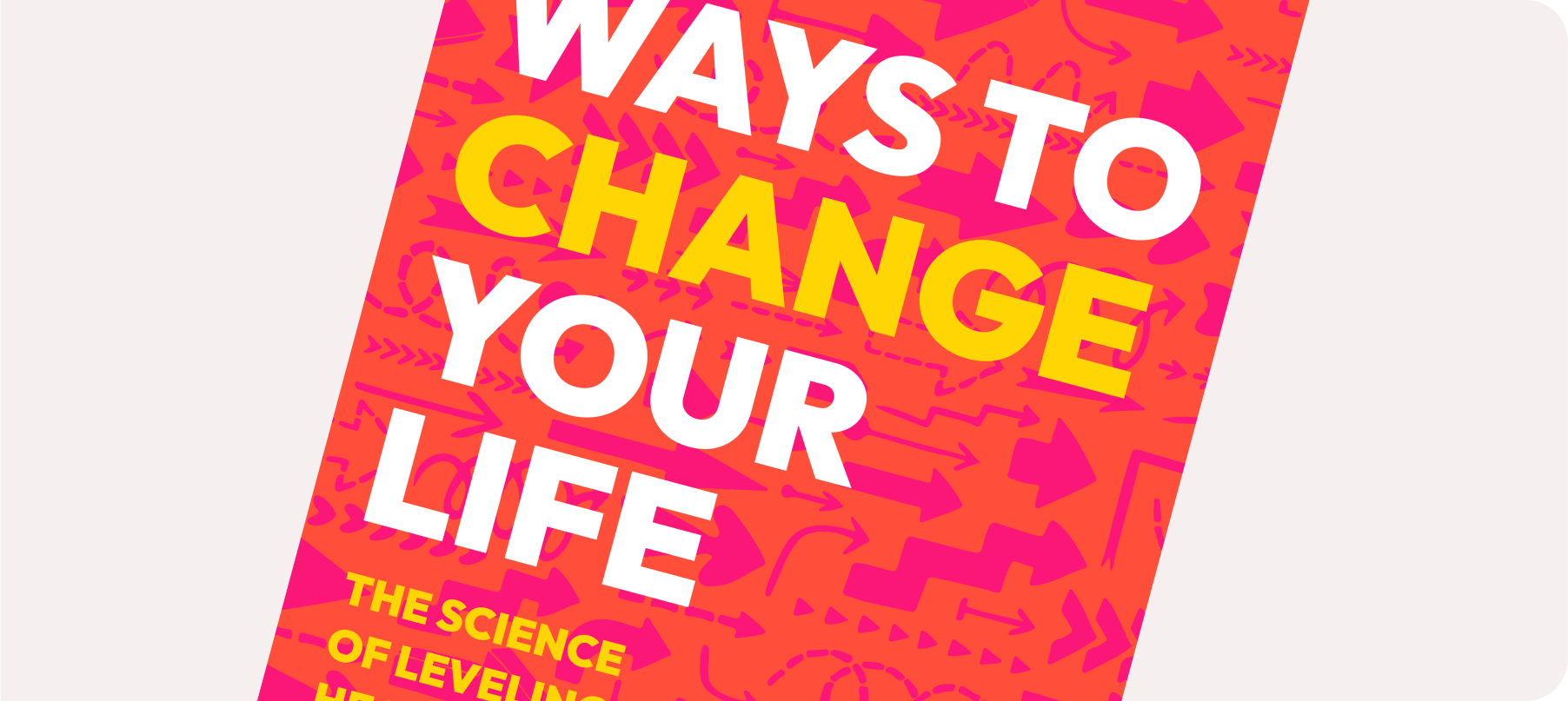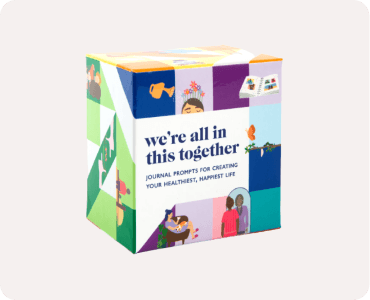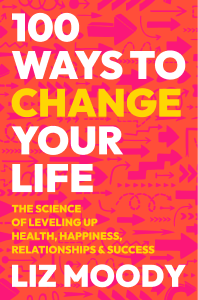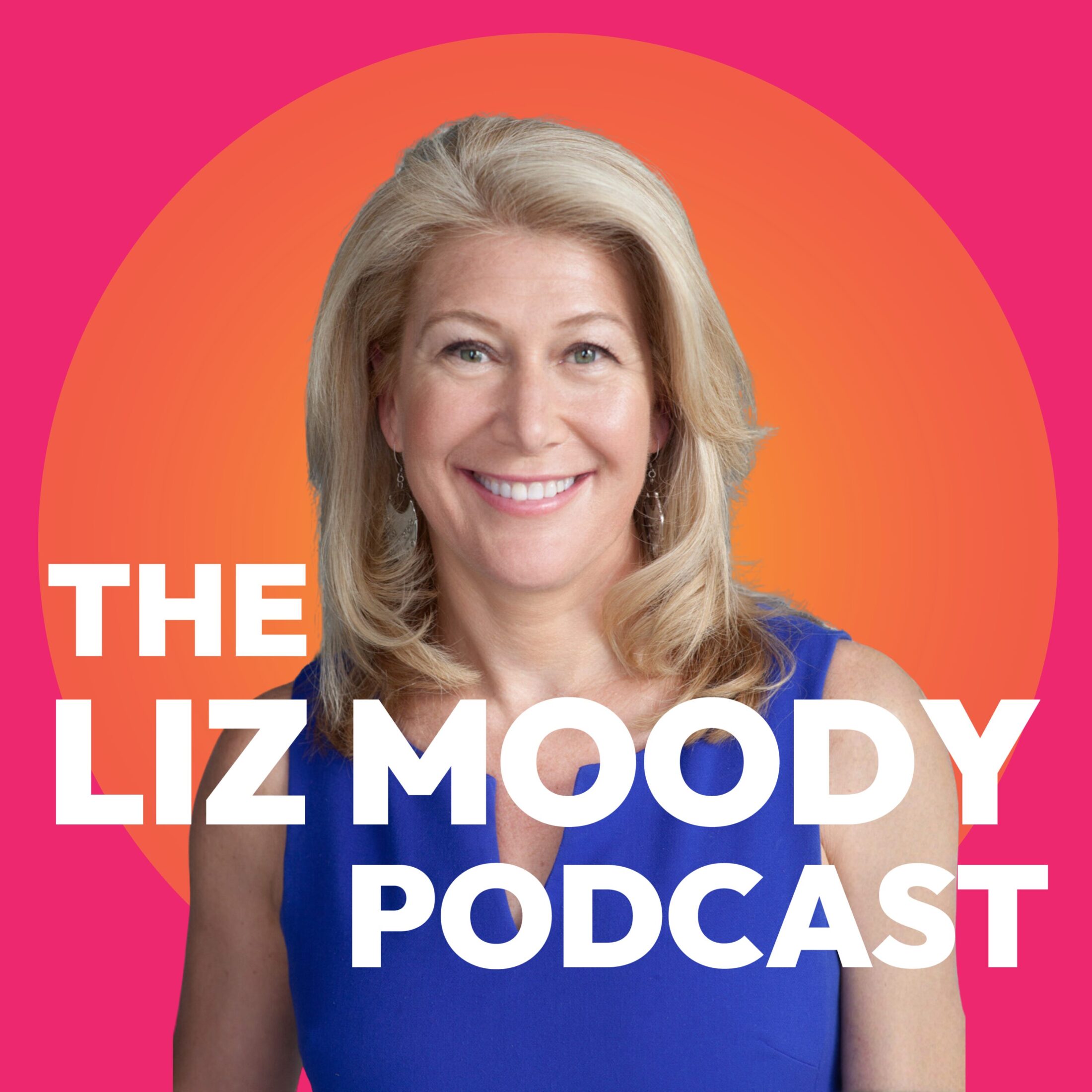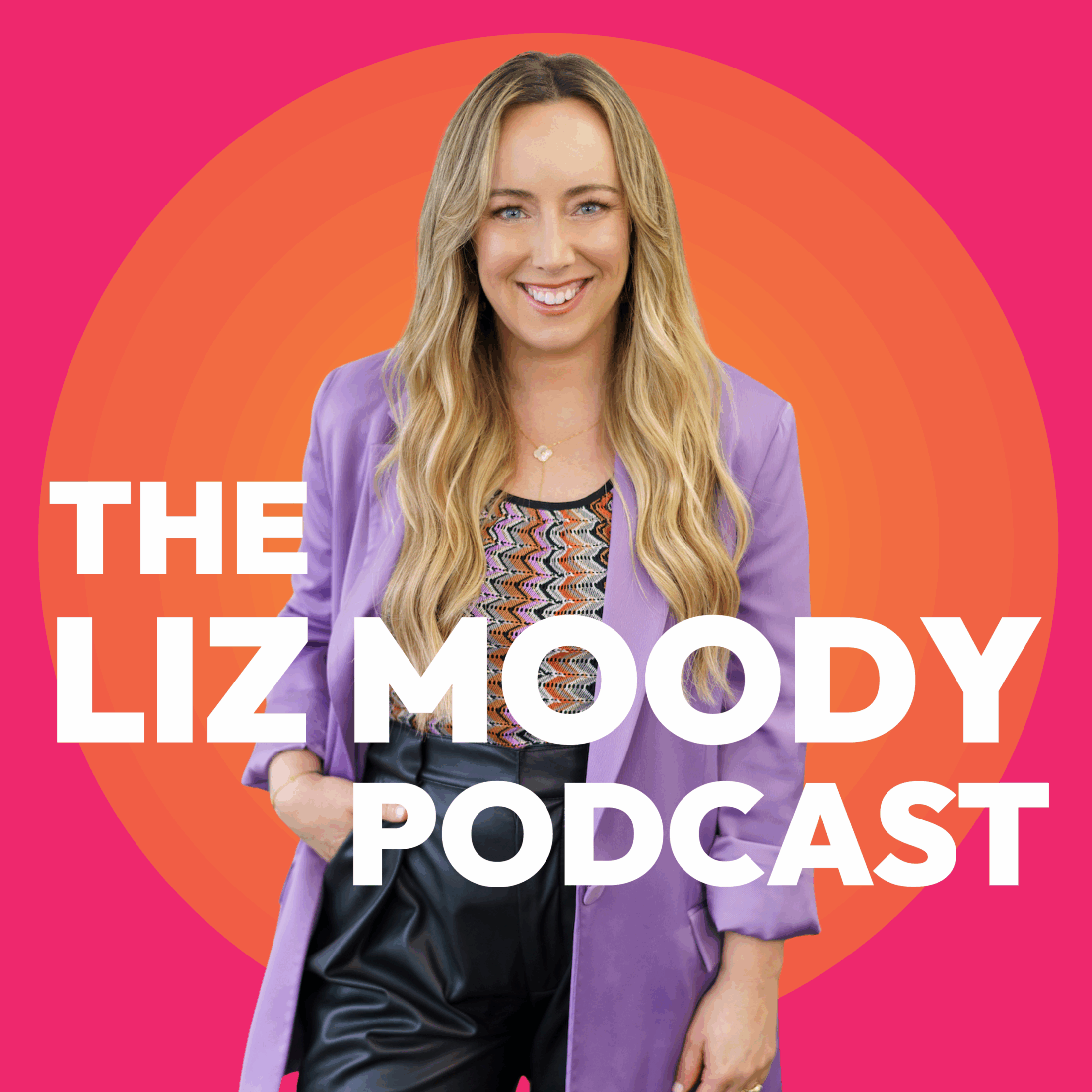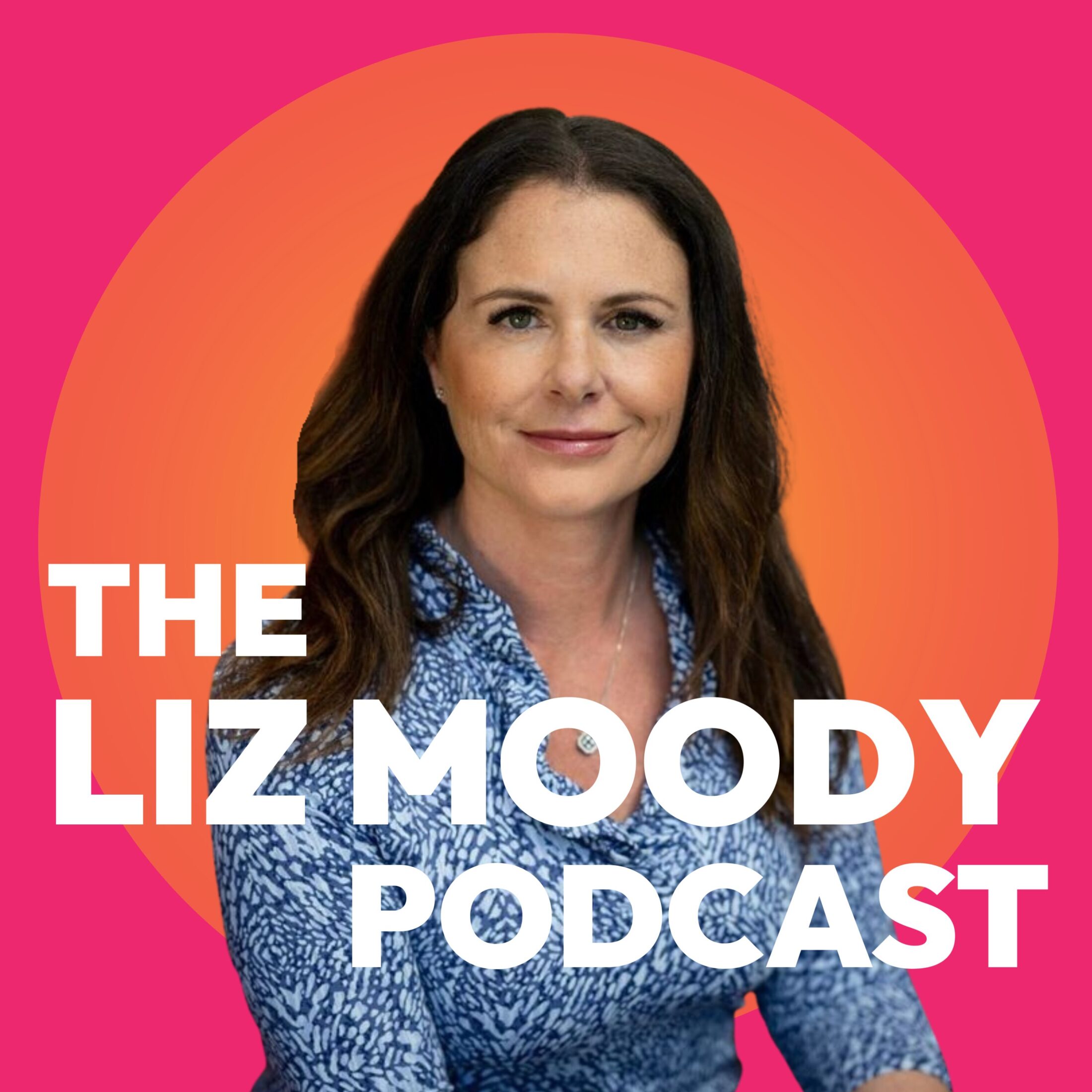Journalist and Oxford social sciences scholar Rhaina Cohen discusses how expanding our definition of friendships, relationships, and partners can lead to more fulfilling and less stressful lives.
In this episode of the Liz Moody Podcast, host Liz Moody speaks with Rhaina Cohen, an esteemed journalist and author, about the impact of compulsory coupledom on societal expectations and personal well-being. The conversation delves into the historical context of the American Dream, the importance of friendships, and the potential of communal living. Raina offers insights on how to build deeper connections outside of romantic relationships and challenges the status quo of adult life structures. Listeners who feel overwhelmed or lonely may find alternative ways to cultivate fulfilling relationships through friendships and communal living.
- 00:00 Intro
- 03:29 Compulsory Coupledom Explained
- 06:43 The Importance of Friendship
- 10:26 Challenges in Modern Friendships
- 14:32 Living Life Together
- 21:48 Finding and Nurturing Deep Friendships
- 29:47 Rediscovering New Relationship Energy
- 31:55 How Non-Monogamy Differs From Platonic Partners
- 33:52 Defining Romantic vs. Platonic Relationships
- 35:43 Commitment Beyond Marriage
- 39:14 The Case for Communal Living
- 41:41 Historical Context of Communal Living
- 43:09 Overcoming Barriers to Communal Living
- 50:22 Practical Steps for Communal Living
- 56:54 Challenging Default Relationship Norms
For more from Rhaina, you can find her on Instagram @rhainacohen or www.rhainacohen.com. You can find her book, The Other Significant Others: Reimagining Life with Friendship at the Center, where books are sold.
To join The Liz Moody Podcast Club Facebook group, go to https://www.facebook.com/groups/thelizmoodypodcast.
Ready to uplevel every part of your life? Order my new book 100 Ways to Change Your Life: The Science of Leveling Up Health, Happiness, Relationships & Success now!
This episode is sponsored by:
AG1: visit drinkag1.com/lizmoody and get your FREE year supply of Vitamin D and 5 free travel packs today.
LMNT: go to DrinkLMNT.com/LizMoody to get a free LMNT sample pack with any order.
Seed: go to seed.com/lizmoody and use code LIZMOODY for 25% off your first month.
ZocDoc: go to ZocDoc.com/LizMoody and download the Zocdoc app for FREE and book a top-rated doctor today.
Listen to How To Get Your Partner To Open Up About Sex (Even If They’re Resistant) on Pillow Talks.
The Liz Moody Podcast cover art by Zack. The Liz Moody Podcast music by Alex Ruimy.
Formerly the Healthier Together Podcast.
This podcast and website represents the opinions of Liz Moody and her guests to the show. The content here should not be taken as medical advice. The content here is for information purposes only, and because each person is so unique, please consult your healthcare professional for any medical questions.
The Liz Moody Podcast Episode 252.
